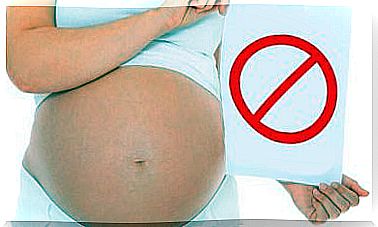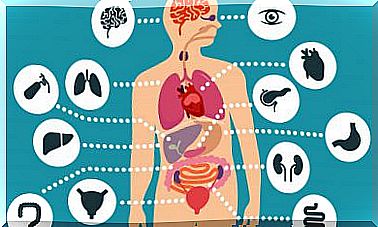Secondary Infertility

Diagnoses of secondary infertility are around 1%, however, experts assure that the figures are imprecise because so far studies have focused mainly on cases of primary infertility, that is, the difficulty of having the first child. Many more couples than we imagine may have suffered this setback and unfortunately the World Health Organization WHO considers that the numbers continue to rise.
Most couples manage to have their first child without difficulty, this usually happens within the first year they look for it. Sometimes factors such as age or health conditions do not affect, but certain circumstances come to condition the arrival of the second child.
To a large extent, people tend to make up their families according to the context in which they were raised, which is why many couples do not contemplate the idea of having an only child. There are also cases in which having another child becomes a very important mission, for example when forming a new partner or losing a baby.
One in 10 women suffers from secondary infertility
It is estimated that only in Spain we could be talking about at least one million couples who suffer the consequences of secondary infertility, this according to WHO data. Although fertility problems are of greater interest when it comes to difficulty conceiving the firstborn, it is a risk for new couples and in cases such as late motherhood.
Secondary infertility is a concept that explains the difficulty in completing the gestation process after having been able to do so with one or more children. Many women expect a second child who never arrives, which becomes an emotional and physical shock that is difficult to treat by gynecologists because these couples do not usually attend consultations.

Dr. José Bellver, a specialist at the Valencian Infertility Institute, affirms that having been able to have a first biological child makes many couples think that they are still able to conceive. In this sense, these people do not tend to seek professional help to solve their problem, but instead immerse themselves in an unsuccessful search.
However, Bellver assures that the conditions in which secondary infertility occurs are similar to the primary one, that is, it is not something that can be overcome just by trying. So, the recommendation is to consider the help of experts when a year of searching has not been successful and half of this when it comes to women over 35 years old.
Why does secondary infertility occur?
As surprising as it may seem, a couple can stop being fertile almost overnight, therefore it is impossible to speak of “proven fertility”. Apparently, being able to have conceived and given birth to a healthy baby does not indicate that we are capable of doing it again; According to experts, infertility cases make conception difficult, but do not completely eliminate the chances.
In this sense, Dr. Bellver explains that there is the possibility that when conceiving the first child there were already biological problems that determined fertility, so that pregnancy could have been a “stroke of luck”. Another possible cause of secondary infertility is that some of the infertility-causing disorders appeared for the first time after the first pregnancy and that over time they have worsened.

Although specialists point out that the main cause lies in the fact that the couple previously suffered from infertility problems and did not know it, to a large extent the cases are related to factors such as the mother’s age. In this regard, it is known that the average age to have the first child in Spain is 32 years, if we add a couple of more years to increase the family, we are entering the limit age of fertility in women, which begins to weaken after 37 years.
Other much more explicit causes are related to the suffering of diseases and medical treatments between one pregnancy and another. Although most clinical procedures do not affect reproductive function, in certain cases there could be consequences, for example when both ovaries are removed.
It is difficult for couples to handle this situation without feeling guilty and misunderstood. Sometimes it is difficult to explain why and in most cases the outsiders do not give it importance because they have already been parents. In this sense, it is known that it is a disorder that seriously affects couples, who often need psychological therapy.









